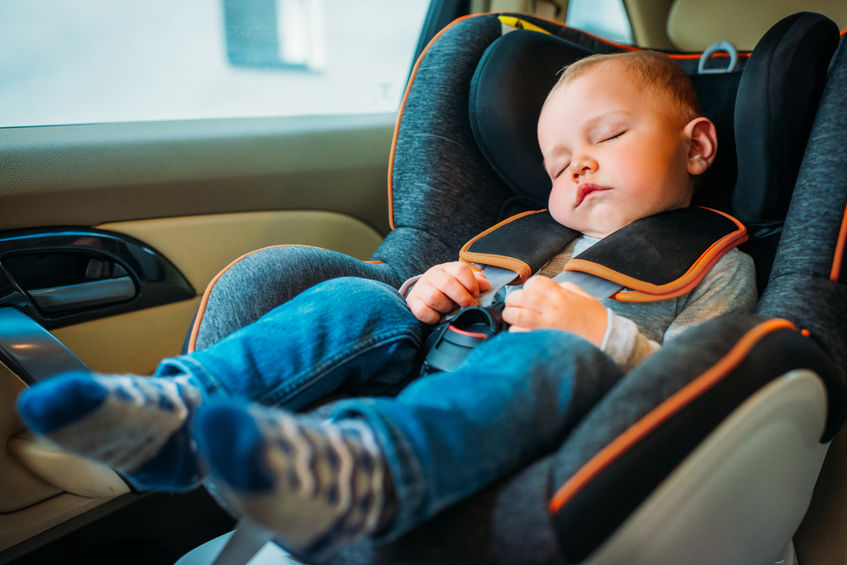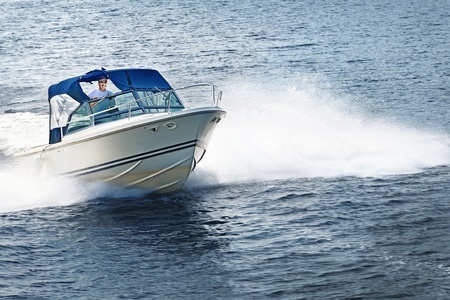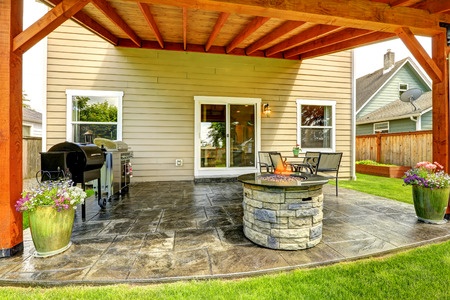

Car Seat, Booster Seat, and Seat Belt Laws: Washington State
Infant and Toddler Car Seat Laws: Washington State
The American Academy of Pediatrics updated their recommendations for car and booster seats in March of 2011, as follows:
- Keep infants and toddlers in rear-facing car seats until at least two years old (previously one year old until December 31, 2019) or until they reach the highest weight or height allowed by the manufacturer of the car seat.
- All children aged two to four, or those younger than two who have outgrown the rear-facing seat, should use a forward-facing car seat with a harness for as long as possible, up to the highest weight or height allowed by the manufacturer of the car seat.
WA car seat laws
As of January 1, 2020 Washington State’s car seat laws are in line with the American Academy of Pediatrics recommendations, which means that toddlers must be rear-facing until at least two years old and children over the age of two but below age four must use a forward-facing car seat with harness until they have outgrown the height and/or weight limit of the seat.
Read More

Stop Jet Ski Accidents in their Wake!
Riding a personal watercraft (PWC), like a jet ski, can be an exhilarating experience but it can also be very dangerous. Inexperienced or inebriated operators can find themselves in a jet ski accident with one wrong move. According to the U.S. Coast Guard in their Recreational Boating Statistics report, there were more than 764 injuries and 808 deaths on personal water crafts and jet skis in 2011 alone.
What is a Personal Watercraft or PWC?
Personal Water Crafts (PWC) are recreational water vehicles operated by a standing driver. The United States Coast Guard (USCG) classifies PWCs as Class A inboard motor vessels which come with a list of safety requirements including proper signaling devices and specific manufacturing standards. PWCs must be registered with the state and must obey the Nautical Rules of the Road. Personal watercrafts are often referred to by their brand names such as Jet Ski
Read More

It’s Grilling Season-Let’s Talk About BBQ Accidents
Americans love to BBQ in the warm weather so that makes summer the season of BBQ accidents. Without due care, the seemingly benign act of grilling your dinner can end in tragedy. Every year dozens of people are injured in hundreds of fires that occur because of grilling accidents.
BBQ Accident Statistics
According to the NFPA, American fire departments are called to over 1,600 BBQ related home fires per year. This includes hundreds of structural and outdoor fires, resulting in millions of dollars worth of direct property damage.
In 2009 alone, according to the Consumer Product Safety Commission, nearly 18,000 people wound up in a hospital emergency room with burns and blisters suffered in grilling-related accidents [source: Aleccia]. Although some were minor injuries, some were fatal. BBQ safety is important!
Leading Causes of BBQ Related Injuries
According to about.com, the leading cause of injures and fire from gas grills is leaking fuel lines from incorrectly connected, cracked or broken hoses.
Misaligned venturi tubes release unlit propane that can quickly build up and cause an explosion. Thankfully newer model gas grills are vented to stop gas from building up inside the cabinet but accidents could still occur. It is advisable to turn off the propane tank when you are finished cooking to prevent gas leaks.
Burning charcoal releases carbon monoxide, a poisonous gas. The United States suffered twenty deaths directly caused by carbon monoxide poisoning from charcoal grilling last year.
Lighter fluids are handy but they can also be highly dangerous. The majority of accidents from lighter fluid are caused by an attempt to relight charcoal.
BBQ Safety Guidelines
Be prepared to fight a fire. That means knowing how to use and having access to a fire extinguisher or being prepared to throw water and step back from the flames.
Be aware of your BBQs location! Open space is best. Keep your grill far away from anything flammable including houses and fences. If flames suddenly burst out of your BBQ you don’t want to be under a low, flammable overhang.
Keep flammable materials away from your grill. Most obviously, don’t keep lighter fluid around your BBQ as the can could explode if it gets too hot. NEVER add lighter fluid or any flammable liquid to a burning fire.
Use the 10 to 5 rule to light the BBQ. If the grill does not start within 10 seconds, turn off the gas, leave the lid open and give it five minutes before you try again. Propane gas can develop into a large, flammable cloud quickly.
Check gas lines for leaks before lighting the flame. A good trick to check for leaking fuel lines is to brush soapy water over the hoses and connectors. Make sure you go over every part of the gas line from the tank to the burner and replace any leaking parts before you grill again.
Make sure that the fire is out when you are done. On a gas BBQ, turn off the control and tank valves, making sure that any burning grease is put out and the grill is cooled completely before closing the lid. On a charcoal grill, close the lid and all vents. Let the used charcoal burn out and wait about 48 hours before disposing of ashes.
If you or a family member has suffered a serious injury due to a BBQ accident at a friend, family member or co-worker’s house you should have the experienced accident attorneys at Bellingham’s Tario & Associates on your side. Contact us today! We will gather the evidence and fight to get you the compensation you deserve.
Read More